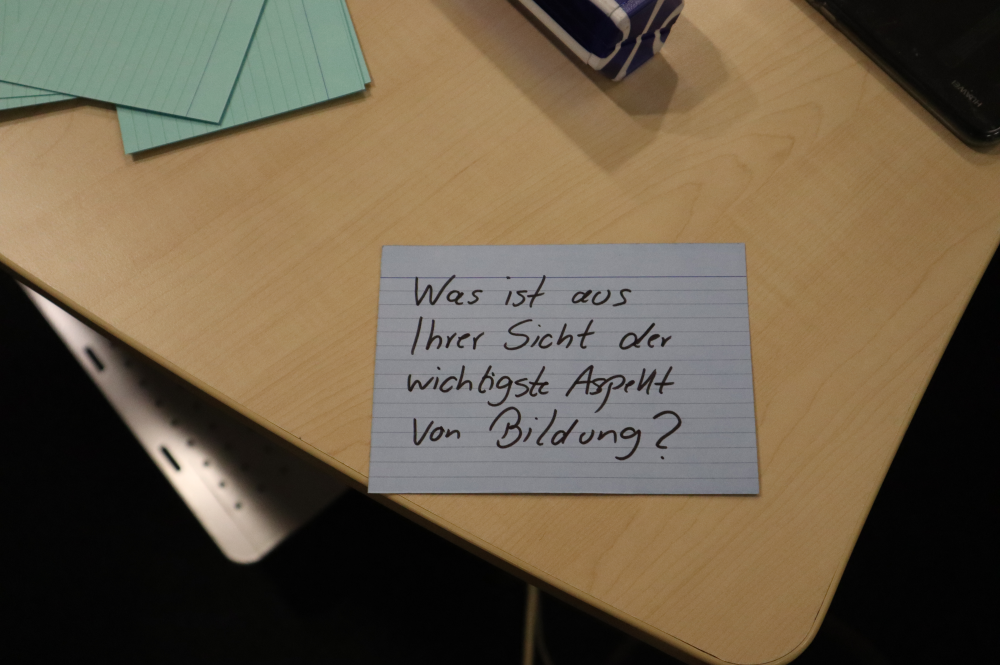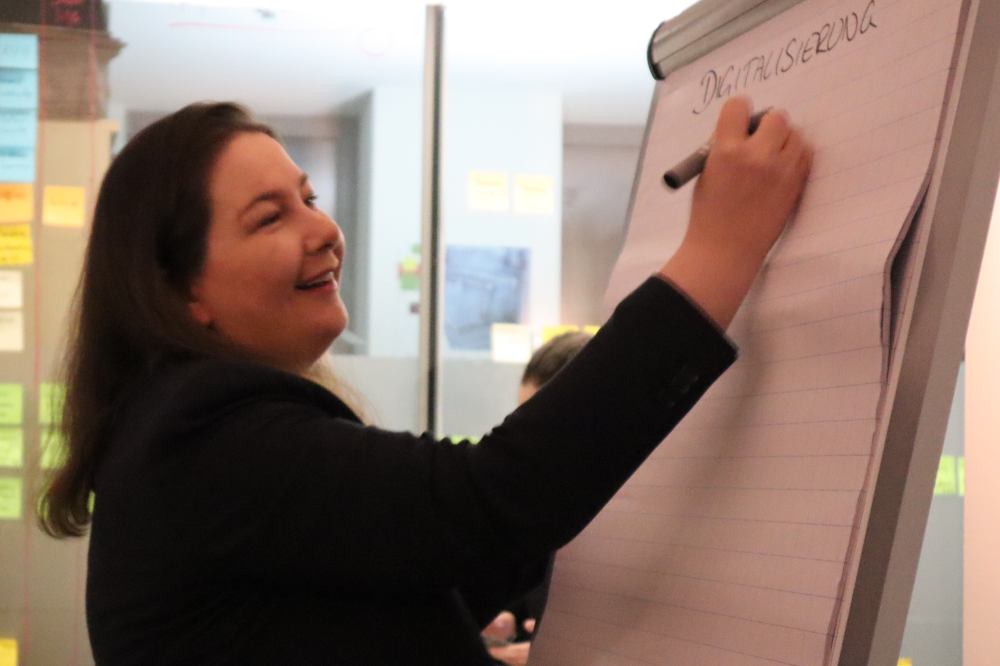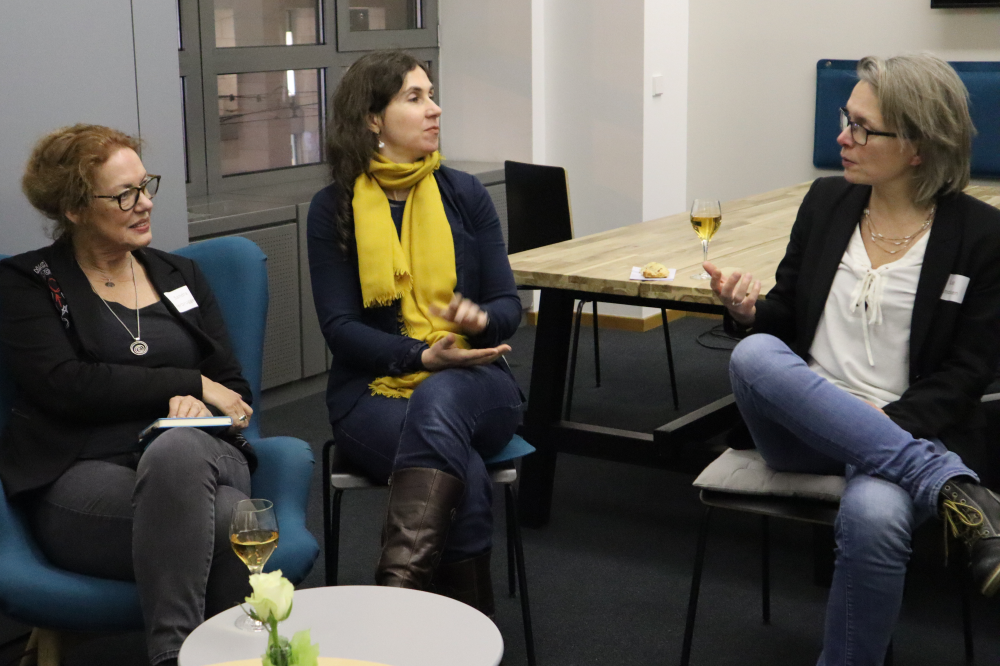By European Bildung Network
The round-table in Frankfurt on January 28th, 2020 (Einladung_EuropeanBildung-2020-01-28) attracted many more participants than initially envisioned. Hosted by Anja Hofmann and her team at Deutsche Bildung AG, 30 participants from civil society, academia, business, and the public sector were able to connect in German and to work together on specific Bildung issues. The evening was designed and facilitated by Stefan Bergheim. Lene Andersen opened with an introduction to “The Nordic Secret” and to the European Bildung Network. Then, each participant briefly showcased their main Bildung-related activity – highlighting again the need for a curated European repository of helpful projects. Participants then self-selected into five breakout sessions:
The round-table in Frankfurt on January 28th, 2020 (Einladung_EuropeanBildung-2020-01-28) attracted many more participants than initially envisioned. Hosted by Anja Hofmann and her team at Deutsche Bildung AG, 30 participants from civil society, academia, business, and the public sector were able to connect in German and to work together on specific Bildung issues. The evening was designed and facilitated by Stefan Bergheim. Lene Andersen opened with an introduction to “The Nordic Secret” and to the European Bildung Network. Then, each participant briefly showcased their main Bildung-related activity – highlighting again the need for a curated European repository of helpful projects. Participants then self-selected into five breakout sessions:

The group on politics was very small, which by itself raised important questions on how to enable a mutually beneficial exchange with and about politicians and politics. This was seen as an ongoing challenge for the European Bildung Network, where each and every member has some experience with and some personal contact into the political sphere.
Digital technologies were discussed with a focus on our abilities to understand the contexts and to acquire the skills to operate those new technologies. Communication, collaboration, creativity and critical thinking were again seen as important for navigating the changes across society. This requires new formats, new actors and new tools in order to reach more of those in need for this type of Bildung.

The group on the European dimension aimed to attract the many participants with links into other European regions such as the Baltics, Britain, Italy, Brabant and to discuss potential activities of the European Bildung Network there. In the end, it focused on the question “What is European?”, the need for “nation building” at the continental level, which also included a discussion about different identities of humans: local, regional, country, and European. Finally, the group agreed that we need to share Bildung and Bildung activities across Europe.

Following the plenary harvest of those breakouts, participants were given the opportunity to raise new issues that came up for them during the evening and that they wanted to deepen later. Issues raised included the multiple links between Bildung and health, the possibility of an even broader concept of Bildung, how to act more effectively to promote Bildung, and how to strengthen the European Bildung Network. Lene Andersen invited all participants to connect to the broader network at the 2nd European Bildung Day on 8th/9th May in Copenhagen.

